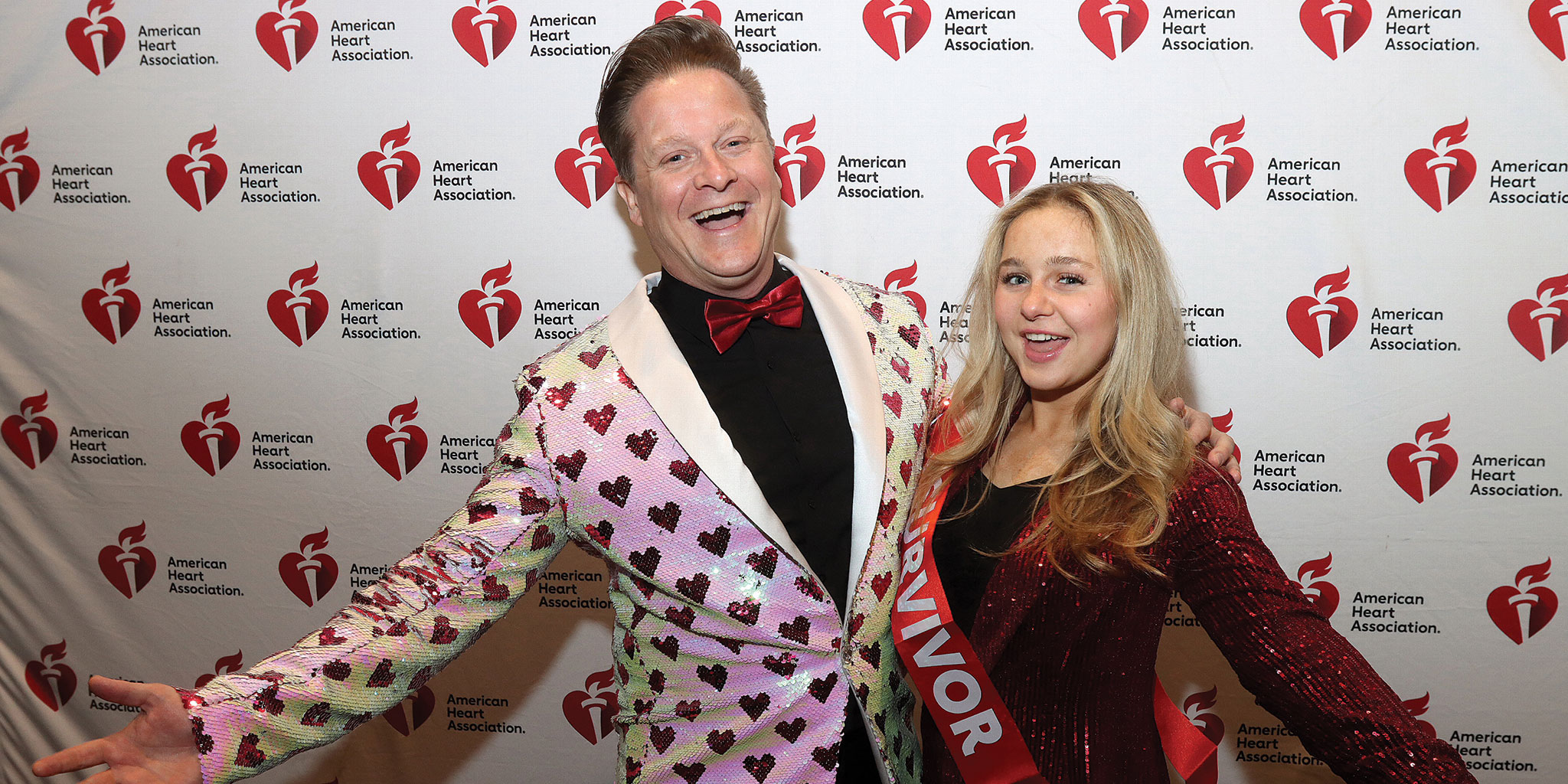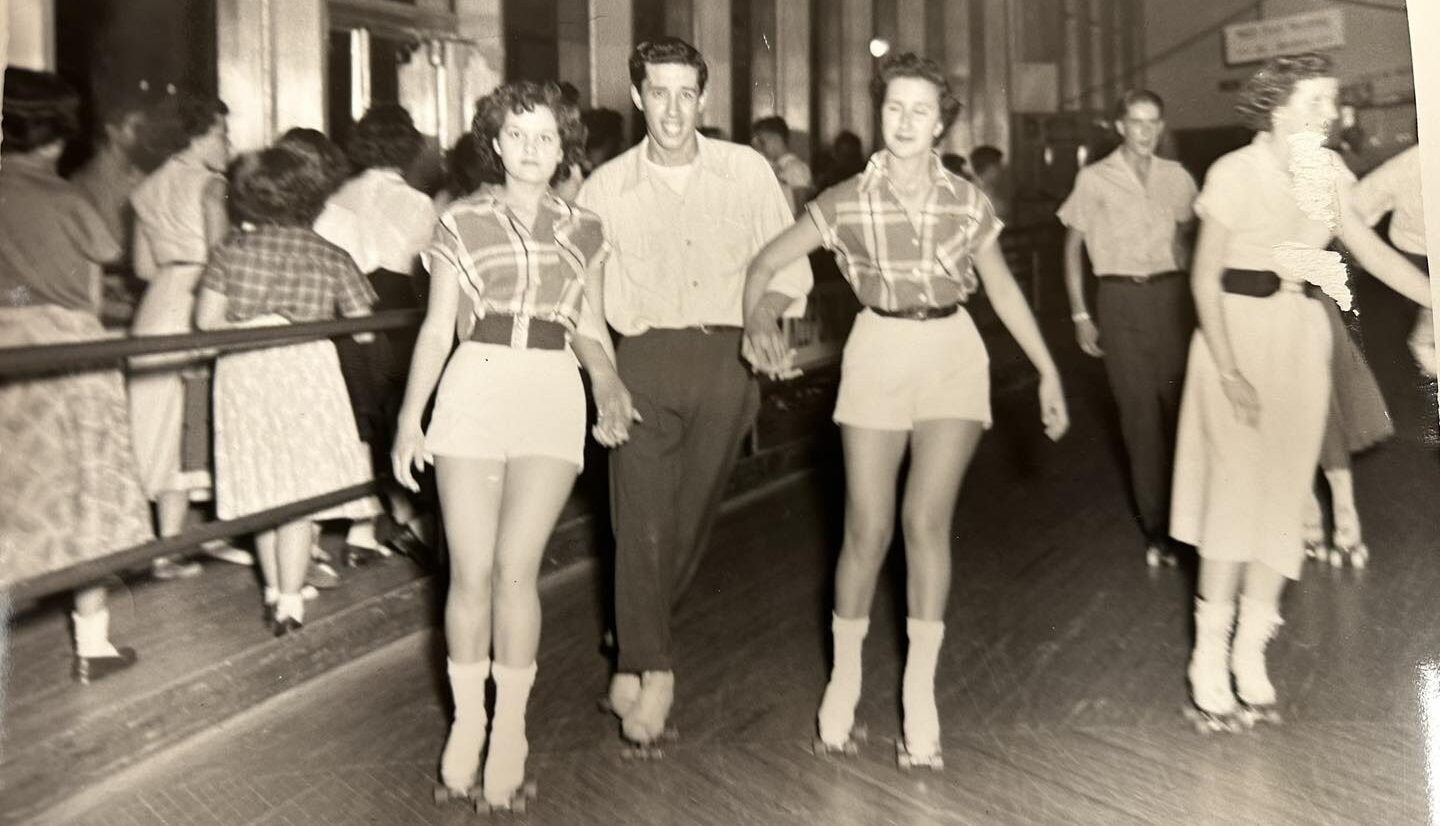Defining depression
There is a great deal of confusion surrounding depression, namely understanding the symptoms, what causes it and how can we best treat it. Maybe it’s because of this confusion that some people look at a depressed family member or friend and think: “Why can’t they just snap out of this? We all have life problems – why can’t they just suck it up?”
 The reality is that depression is not something that people can simply snap out of. Clinical depression is very different than the occasional sadness, loneliness or stress that most people feel from time to time. Dr. Stephan Ilardi, author of The Depression Cure defines true depression this way: “It’s a syndrome that deprives people of their energy, sleep, concentration, joy, confidence, memory, sex drive, their ability to love and work and play. It can even rob them of their will to live. Over time, depression damages the brain and wreaks havoc on the body. It’s a treacherous illness; a shudder-inducing foe that no one in their right mind would ever take lightly, certainly not if they understood the disorder’s capacity to destroy life.”
The reality is that depression is not something that people can simply snap out of. Clinical depression is very different than the occasional sadness, loneliness or stress that most people feel from time to time. Dr. Stephan Ilardi, author of The Depression Cure defines true depression this way: “It’s a syndrome that deprives people of their energy, sleep, concentration, joy, confidence, memory, sex drive, their ability to love and work and play. It can even rob them of their will to live. Over time, depression damages the brain and wreaks havoc on the body. It’s a treacherous illness; a shudder-inducing foe that no one in their right mind would ever take lightly, certainly not if they understood the disorder’s capacity to destroy life.”
What the research says
The latest research shows that about 1 in 4 Americans, over 70 million people, will meet the medical criteria for major depression at some point in their lives. Researchers are trying to gain a better understanding of this rising epidemic in our country because although the use of anti-depressant medication has skyrocketed in recent years, the rate of depression hasn’t declined. It has actually increased.
While anti-depressant medication can be very helpful for some, they work for less than half the people who try them. And many people discontinue their medication because of unpleasant side effects such as weight gain, sexual dysfunction or fatigue. It is far from being a cure.
Fortunately, researchers have uncovered some very important information about the causes of depression in the 21st century. Ironically, their research on the way we lived long ago versus how we live today has helped uncover why depression is on the rise. Apparently, when we lived our lives as “hunters and gatherers” or cavemen we were well-adjusted, happy and fulfilled.
Hunters and gatherers
Anthropologist Edward Schieffelin lived among the Kaluli people of New Guinea Highlands for nearly 10 years, studying their culture to the finest detail (the Kaluli’s subsist on a combination of hunting, foraging and farming). He interviewed over 2,000 men, women and children regarding their experience of grief and depression and found only one person who even came close to meeting the diagnostic criteria for depression.
Here in America, the Amish are the only group that has not been affected by the modern depression epidemic. Amish communities live the way their ancestors did from the 18th century and have a rate a depression that is dramatically lower than the general population.
So, what explains these findings? Dr. Ilardi feels the answer is very clear: “The more modern a society’s way of life, the higher the rate of depression. The human body was never designed for the modern post-industrial environment.” He contends that our bodies have always been designed for a more rigorous lifestyle where physical exercise, diet and even sunlight exposure helped maintain a positive mood. Yet, today we spend more time sitting, eating processed food and living under fluorescent lighting. To summarize, the evidence is showing that the epidemic of depression (and obesity) can be explained by changes in the way we live.
Channeling your inner caveman
Now that you have this foundation of knowledge behind you, it’s time to begin making the changes in your life that will elevate your mood now and forever. The following are six lifestyle changes Dr. Ilardi recommends if you want to cure your depression without the use of medication (these lifestyle changes can also compliment medication if you are taking it with success).
1. Diet: We now recognize that a diet full of processed foods can increase depressive symptoms while a diet rich in omega-3s decreases them. Dr. Ilardi notes that across the globe, countries with the highest levels of omega-3 consumption have the lowest rates of depression. You can get your omega-3’s by eating fish, wild game, nuts, seeds and leafy vegetables (the hunter-gatherer diet from long ago). You can also take vitamin and mineral supplements to reach the recommended levels (ask your doctor for suggestions). Mark Hyman, M.D., a guru for healthy and thoughtful eating, has written several excellent books that can serve as a guide to the relationship between your mood and the food you are eating. He believes that “the most powerful medical tool at your disposal is the fork.”
2. Exercise: More than a hundred clinical studies have concluded that exercise boosts mood and mental function. On a physiological level, it reduces stress and stimulates the production of the neurotransmitters serotonin and dopamine (which makes us feel good). Researchers have compared aerobic exercise and Zoloft in the treatment of depression. Patients who took just a brisk walk three times per week for 30 minutes did just as well as those who took the anti-depressant. If you are experiencing depression, walk past the couch and out the door in order to get well because exercise is your medicine!
3. Sleep: Many Americans suffer from chronic insomnia and this often leads to depression. After a few nights of sleep deprivation, we feel the negative affects on our mind and our body. We become more irritable, we crave carbohydrates and caffeine to get though the day, we suffer poor concentration, our mood becomes despondent and we lack desire to do much of anything. There are many great books written about sleep and how to get more of it (The Insomnia Answer by Paul Glovinsky is a good one). It is essential that you address your sleep issues and assess your mood only after you have had several weeks of good sleep.
4. Sunlight exposure: One of the most effective techniques for getting restful sleep is to get 15 to 30 minutes of bright morning sunlight, which is enough to get your body clock in sync. The hunters and gatherers spent most of their times outside out of necessity because their survival depended on it. Today, we wake up and the only light we see is what is filtered through our car windows on our way to work. We spend our day under fluorescent lights and then we often come home in the dark (especially in this part of the country). Physicians are prescribing Vitamin D in record numbers to combat the deficiencies they see in people who do not get enough exposure to healthy sunlight. Consider adding 15 minutes to your morning routine to take a brisk walk outside or walk on your lunch break. If you can’t get sunlight each day, consider purchasing a light box, which can give you the light you need to keep your hormones and your mood balanced.
5. Engaging activity: One of the most common behaviors we see in our practice is people’s tendency to ruminate over negative life experiences, replaying them over and over in their minds. The problem is that our thoughts quickly and powerfully affect our mood and many depressed individuals spend hours ruminating every single day. We use Cognitive Behavioral Therapy to treat this, which helps people become more aware of their thoughts while using specific techniques to change unhealthy patterns of thinking. Since people tend to ruminate when they have free time, engage with someone or something to shift your thinking when your mind goes down that road. You probably won’t be ruminating very much if you are laughing and having fun.
6. Social support: Americans spend the majority of their leisure time alone – sitting in front of a computer for hours interacting only through Facebook or lying on the couch for hours watching television, interacting with no one. Technology, for all its wonders, has served to keep us apart. Stand among a group of teens and see how many have their face in their phones rather than engaging their friend who is standing two feet away. When people are depressed, their tendency is to isolate and today it is easier to do than ever before. However, the act of engaging with someone, just one person, is remarkably beneficial for your mood. If you recognize that you are spending the majority of your leisure time alone, improving your social connections and your support system will be an instrumental part of your treatment.
Living well
As the advertisements for the latest anti-depressants on the market states, “Depression hurts.” But medication is not the only cure and research has found that it’s not even the best cure for many people. Changing the way we live our life each day is what will make all the difference. Live life vigorously and fully engaged, and feel the contentment that this brings!
Diane Lykes is a Principal of Synergy Counseling Associates in Albany where she specializes in individual and couples counseling, educational training and clinical consultation. She can be reached at 466.3100 or lykes-synergy@nycap.rr.com.







